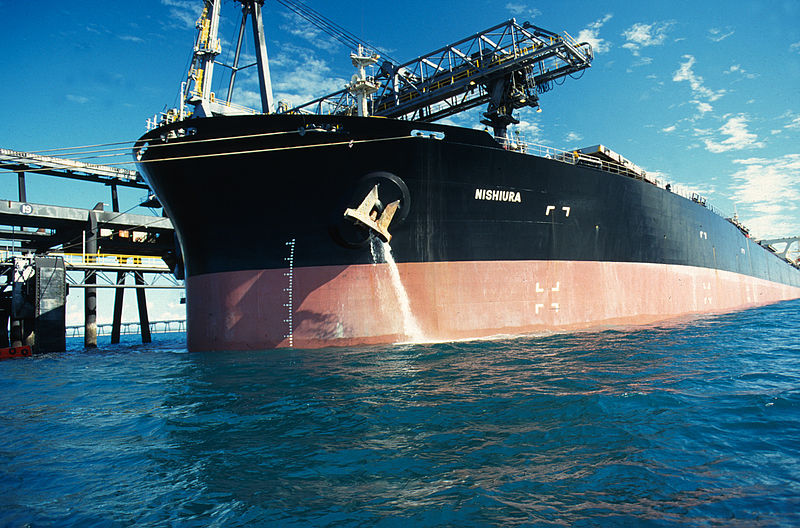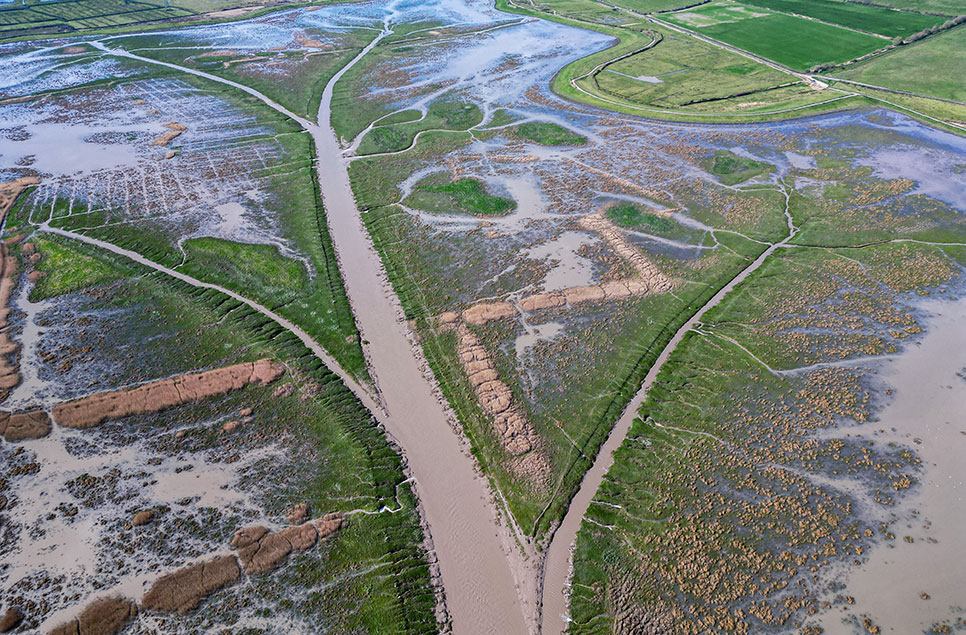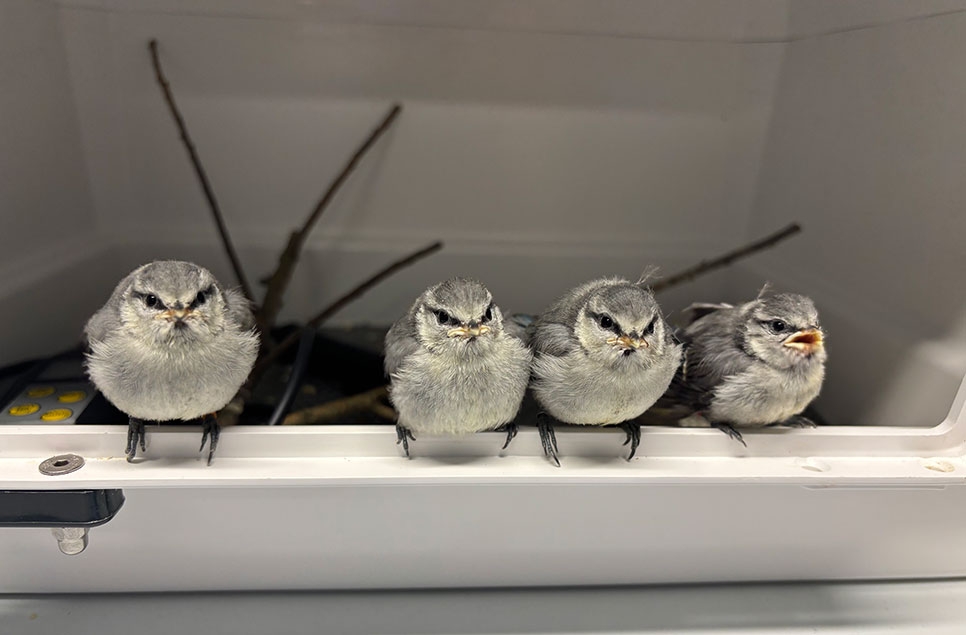Shipping agreement helps tackle problem species

A new international agreement to reduce the spread of water-born invasive species between countries due to shipping has been warmly welcomed by the Wildfowl & Wetlands Trust.
Large ships take on ballast water from coastal waters in one region for stability due to the weight they are carrying, then discharge it in another when they unload. In doing so, they inadvertently pick up water-born plants and animals and deposit them in another region’s water.
Species that accidentally stow away in ships’ ballast tanks include mussels that can block pipes, "killer shrimp" that can decimate fish fry and fast-growing plants that can outcompete native varieties.
The new agreement will oblige all shipping to treat ballast water before discharging it from their tanks. It will come into effect in 12 months time to give shipping companies time to adjust.
Peter Morris of the Wildfowl & Wetlands Trust said:
“Non-native invasive species are a growing threat to the British wildlife as trade and travel increases. They already cost the UK economy around £2bn per year and that will only increase if we don’t stop their spread.
“Treating ballast water is a great way to tackle the problem because it is cheaper, quicker and easier to prevent species arriving in the first place rather than trying to deal with them after they’ve spread.
“This is very, very welcome for us personally because we’re already dealing firsthand with the impacts of water-born species arriving in Britain. We regularly have to clear Asian zebra mussels that block our pipes, and we are endlessly having to pull out virulent non-native plants that choke our native water life of light, oxygen and space.”
The Ballast Water Management Convention was actually created in 2004 by the United Nations’ International Marine Organisation. But it has taken 12 years for enough countries to sign the Convention to trigger its international adoption (there needed to be enough countries to represent at least 35% of world merchant shipping tonnage, and that level was surpassed when Finland signed up this week).
52 states signed up to the Convention. The UK did not, but it will still apply to ships entering UK waters after September 2017.



